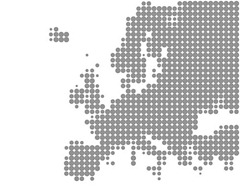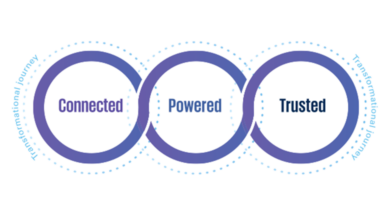Digital single market can deliver for Europe
 The European Commission contends that the continent has a “golden opportunity” to foster a digital single market.
The European Commission contends that the continent has a “golden opportunity” to foster a digital single market.
European Commission President Jean-Claude Juncker plans to make the creation of a digital single market a high priority during his tenure and a full digital strategy is to be launched this spring by Commissioner Andrus Ansip.
The problem in Europe, as identified by the Commission, is that while the internet is boundless, online markets remain fragmented by barriers affecting access to services and content. As such, small businesses attempting to expand across the European market face 28 alternative sets of rules for consumer protection, data protection, contract law, and tax rates. Meanwhile, alongside roaming charges for mobile phone usage, consumers across the EU find domestic content geo-blocked on electronic devices depending on their location or residence.
Ansip maintains that this process of blocking online content is contrary to the principles of Europe’s single market. Consequently, he is preparing to publish an “ambitious” timetable for the programme with trust and confidence-building in the online sphere high on the agenda.
The proposed course of action is to remove all obstacles hindering the establishment of a digital single market for Europe. In other words, the free circulation of content and services across borders within the EU with the aim of stimulating the cycle of demand. This project aims to generate an estimated €250 billion in additional growth, new jobs, and a competitive knowledge-based society.
Speaking in December, Ansip asserted: “When you have barriers to digital, you also have barriers to prosperity, progress and jobs.”
To surmount these barriers, the European Commission is focusing on building trust between member states on their online security policies, in order to maximise the value of digital co-operation. Rules for copyrighting, online purchases and digital products are to be simplified and modernised, while negotiations on data protection rules and cyber-security will be brought to a conclusion. At the same time the Commission has advocated the removal of “unjustified” restrictions on access to digital assets. Ansip has reaffirmed the EU’s commitment to continued investment in broadband.
The benefits of the digital single market will ensure that consumers receive smooth access to services, music, movies and sport events on their digital devices wherever they are within the EU. Furthermore, the Commission envisages a level playing field for businesses, whereby they are subject to the same data protection and consumer rules regardless of their server base within Europe. Efficiencies gained from a standardisation and simplification of rules will therefore reduce the burden on both business and consumers.
Consequently, it is hoped that business will thrive. The anticipated growth in competition within the new digital market is expected to be matched by increased productivity, the creation of several thousand new jobs, and a boost to the wider European economy. Ansip contends: “My aim is to make sure that Europe, its citizens and businesses, get the best of the online world in the safest and most open environment possible. That means openness and opportunity. Not obstacles.”





